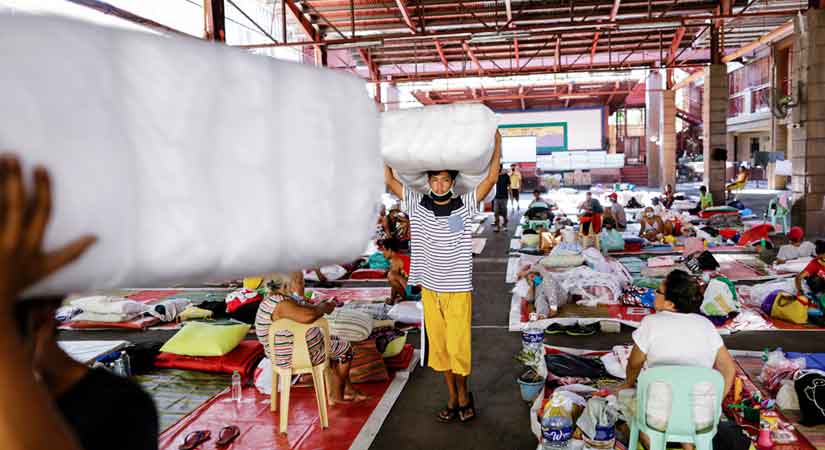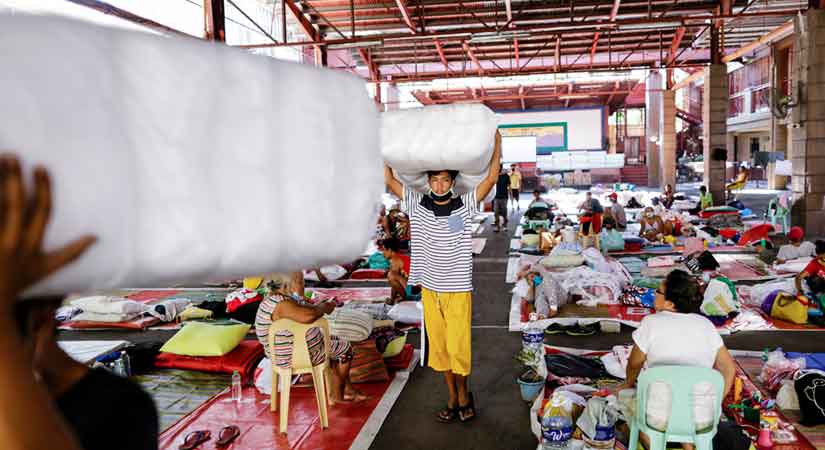
MOST MICRO, small, and medium-sized enterprises (MSMEs) reported that they remain unable to fully reopen or are still closed even after lockdown restrictions were eased, citing weak demand, mobility issues and lack of funds, according to a survey by the United Nations Development Programme’s (UNDP) Philippine office.
In its second MSME Value Chain Rapid Response survey, the UNDP said 49% of MSMEs remain closed while 38% others are at reduced capacity, out of 285 respondents surveyed between June 13 and July 23, or about two to six weeks after the enhanced community quarantine (ECQ) was lifted in Metro Manila and other key areas.
Around 4% had shut down their businesses permanently, 5% reported normal capacity operations, while 4% expanded.
“The persistently sluggish demand from consumers, shortage in transportation and logistics issues, as well as lack of financing were reported as the primary hurdles in resuming business operations,” according to the report, which was released Monday.
The UNDP said micro and small enterprises reported the lowest share of firms still operating at reduced capacity and the highest share of closures, whether temporary or permanent. No medium-sized or large companies said they closed permanently but many are operating at a lower capacity.
“This suggested that some enterprises, due to relatively smaller operations, were not able to survive the adverse impacts of COVID-19 (coronavirus disease 2019) and unlike medium and large enterprises, micro and small enterprises may not have had the capacity to continue operation at a decreased capacity, thereby opting for temporary closure of their businesses,” it said.
The most affected businesses were those in the accommodation sector after all MSMEs surveyed in the industry reported declines in average monthly earnings.
Some 26% started laying off employees while 36% managed to keep all workers and pay full salaries.
MSMEs have embraced digital platforms at a rate of 62%, while 35% said they diversified their product and service offerings, 31% adopted cashless payments and 29% resorted to remote work.
It said most businesses reported the need for assistance and 60% say they have received none. They said access to credit, tax breaks, and deferred loan payments would help them the most.
“We are in the middle of a once-in-a-lifetime emergency. I know you are worried about your health, scared to open your businesses. But for the sake of our families and ourselves, we have to take that step and reopen while maintaining safety standards. We have to find a way to keep going as long as we need to,” Butch Meily, president of Philippine Disaster Resilience Foundation was quoted as saying in a statement Monday.
The second survey follows an earlier study in which the UNDP asked 315 respondents in the first half of May about their status during ECQ.
Around 72% of respondents in the latest survey were micro enterprises, 18% were small businesses, 7% were medium-sized while 3% were large companies.
Most of the country was placed under ECQ from mid-March to May, but lockdown restrictions have been gradually eased.
“One of the most evident impacts of COVID-19 that cut across all business sectors was the lack of demand from consumers,” the UNDP said.
It said the weak demand can be addressed through a stronger pandemic response from the government, inclusion of MSMEs in public sector procurement, and a balanced mix of monetary and fiscal policies to boost spending of both the government and households.
“Further analysis of the survey results showed that while there were general concerns shared by most MSMEs, there were also issues specific to each sector. As such, the government should facilitate MSMEs’ sector representation in policy dialogues and program planning to come up with a better, targeted approach to prevent further closure of MSMEs,” it said. — Beatrice M. Laforga
